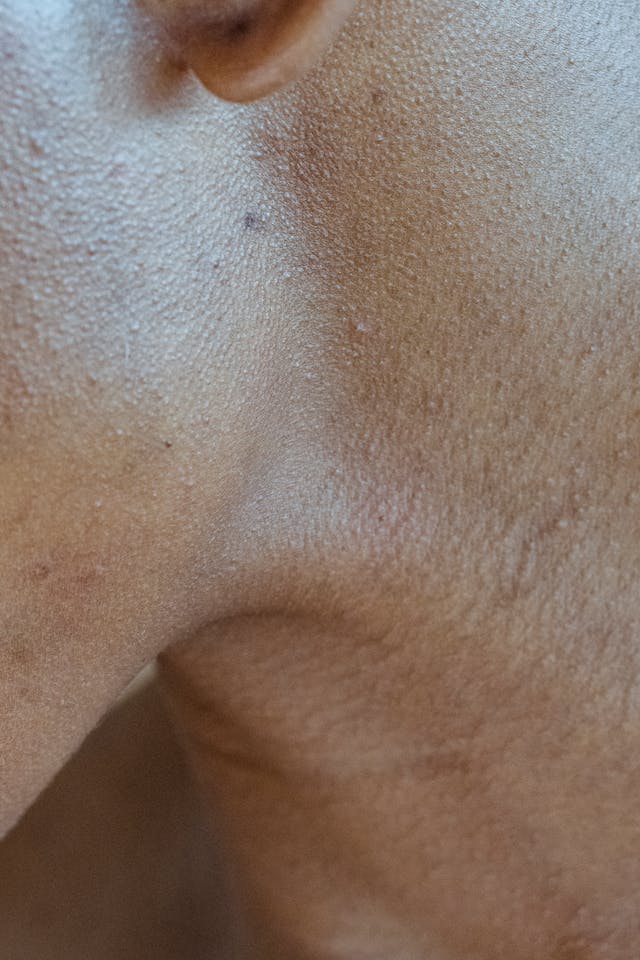CALL TODAY 646-846-1136 | EMAIL
Esophagus Surgery: Addressing Esophageal Conditions and Surgical Treatments
 What are the major esophageal conditions and surgical treatments? The esophagus, a vital part of the digestive system, is a muscular tube that connects the throat to the stomach. It plays a crucial role in the movement of food and liquids from the mouth to the stomach for digestion. However, several conditions can affect the esophagus, leading to discomfort, difficulty swallowing, and more severe health complications. In some cases, surgery may be required to treat these conditions and restore proper function.
What are the major esophageal conditions and surgical treatments? The esophagus, a vital part of the digestive system, is a muscular tube that connects the throat to the stomach. It plays a crucial role in the movement of food and liquids from the mouth to the stomach for digestion. However, several conditions can affect the esophagus, leading to discomfort, difficulty swallowing, and more severe health complications. In some cases, surgery may be required to treat these conditions and restore proper function.
So let’s now explore the various esophageal conditions that may require surgical intervention, the available surgical treatments, and what patients can expect during recovery.
Common Esophageal Conditions Requiring Surgical Treatments
Several esophageal disorders may necessitate surgery, either because other treatments have failed or because the condition poses a significant health risk. Here are some of the most common conditions that could lead to surgical intervention:
1. Gastroesophageal Reflux Disease (GERD)
GERD occurs when stomach acid frequently flows back into the esophagus, irritating the lining. This acid reflux can cause heartburn, regurgitation, and even damage to the esophagus over time. In severe cases where lifestyle changes and medication do not provide relief, surgery may be recommended.
The most common surgical procedure for GERD is fundoplication. During this procedure, the upper part of the stomach is wrapped around the lower esophagus to strengthen the esophageal sphincter, preventing acid from flowing back into the esophagus.
2. Achalasia
Achalasia is a rare disorder in which the esophagus loses its ability to move food toward the stomach due to damage to the nerves in the esophagus. The lower esophageal sphincter (LES), a muscle that allows food to enter the stomach, fails to relax properly, causing difficulty swallowing and food buildup.
Surgery for achalasia typically involves a Heller myotomy, a procedure in which the surgeon cuts the muscle at the lower esophagus to help it relax and open more easily. Sometimes, this surgery is performed in conjunction with a partial fundoplication to prevent acid reflux after the procedure.
3. Esophageal Cancer
Esophageal cancer, though less common, is a serious condition that often requires surgery as part of the treatment plan. Cancerous tumors in the esophagus can obstruct the passage of food and cause significant health complications.
The primary surgical procedure for esophageal cancer is esophagectomy, in which part or all of the esophagus is removed, and the stomach is pulled up to connect with the remaining portion of the esophagus or pharynx. In some cases, a portion of the intestine may be used to replace the removed esophagus. Esophagectomy is a complex surgery that is often accompanied by chemotherapy or radiation therapy as part of the cancer treatment plan.
4. Barrett’s Esophagus
Barrett’s esophagus is a condition where the lining of the esophagus changes due to prolonged acid exposure from GERD. While Barrett’s esophagus itself is not cancerous, it increases the risk of developing esophageal cancer. In cases where precancerous cells (dysplasia) are present, surgery may be recommended to prevent the progression to cancer.
The surgical procedure typically performed for Barrett’s esophagus with high-grade dysplasia is endoscopic mucosal resection (EMR), where abnormal cells are removed through an endoscope. In more severe cases, an esophagectomy may be required.
Surgical Treatments for Esophageal Conditions
Depending on the condition affecting the esophagus, different surgical options may be considered. Some of the most common esophageal surgeries include:
1. Laparoscopic Fundoplication
This minimally invasive procedure is often performed to treat GERD. The surgeon makes small incisions in the abdomen and uses specialized instruments to wrap the upper part of the stomach around the esophagus. Laparoscopic fundoplication offers the advantages of smaller incisions, shorter recovery times, and less postoperative pain compared to traditional open surgery.
2. Heller Myotomy
Used to treat achalasia, Heller myotomy can be performed laparoscopically, allowing for a quicker recovery and reduced scarring. In this procedure, the surgeon cuts the muscle at the lower end of the esophagus to help relax it, improving the ability to swallow. A partial fundoplication may also be done during this surgery to prevent future acid reflux.
3. Esophagectomy
For esophageal cancer or other severe esophageal conditions, an esophagectomy may be necessary. During this procedure, part or all of the esophagus is removed. This surgery can be performed through the chest, abdomen, or a combination of both, and is typically followed by reconstructive surgery to restore the digestive pathway using either the stomach or intestine.
4. Endoscopic Mucosal Resection (EMR)
EMR is a minimally invasive procedure used to remove early-stage cancerous or precancerous tissue from the esophagus. It is performed using an endoscope, a flexible tube with a camera and surgical tools, which is passed down the esophagus. This procedure allows for the removal of abnormal tissue without the need for major surgery, reducing recovery time and risk.
Recovery After Esophageal Surgery
 Recovery from esophageal surgery depends on the type of procedure performed and the patient’s overall health. Minimally invasive procedures like laparoscopic fundoplication or Heller myotomy typically involve shorter hospital stays, with patients often returning home within a few days. Full recovery may take several weeks, during which patients may need to follow a special diet to aid healing.
Recovery from esophageal surgery depends on the type of procedure performed and the patient’s overall health. Minimally invasive procedures like laparoscopic fundoplication or Heller myotomy typically involve shorter hospital stays, with patients often returning home within a few days. Full recovery may take several weeks, during which patients may need to follow a special diet to aid healing.
For more complex procedures like esophagectomy, recovery may take longer. Patients may require a hospital stay of several weeks, followed by months of rehabilitation. Dietary changes, physical therapy, and follow-up care are essential to ensure proper recovery and monitor for any complications.
Choosing the Right Surgeon for Esophageal Surgery
When considering esophageal surgery, it’s crucial to choose a surgeon with specialized expertise in treating esophageal conditions. Surgeons with experience in both traditional and minimally invasive techniques can offer personalized treatment plans tailored to each patient’s unique needs.
At Lenox Hill Minimally Invasive Surgery, our team is highly skilled in treating a wide range of esophageal conditions using the latest surgical advancements. Whether you’re dealing with GERD, achalasia, esophageal cancer, or another condition, our surgeons provide comprehensive care with a focus on patient safety and optimal outcomes.
For expert consultation and surgical treatment, contact Lenox Hill Minimally Invasive Surgery:
LENOX HILL MINIMALLY INVASIVE SURGERY
117 E 77th Street
Suite 1A
New York, NY 10075
646-846-1136
admin@lenoxmis.com
Visit our website for more information: https://lenoxhillminimallyinvasivesurgery.com/

